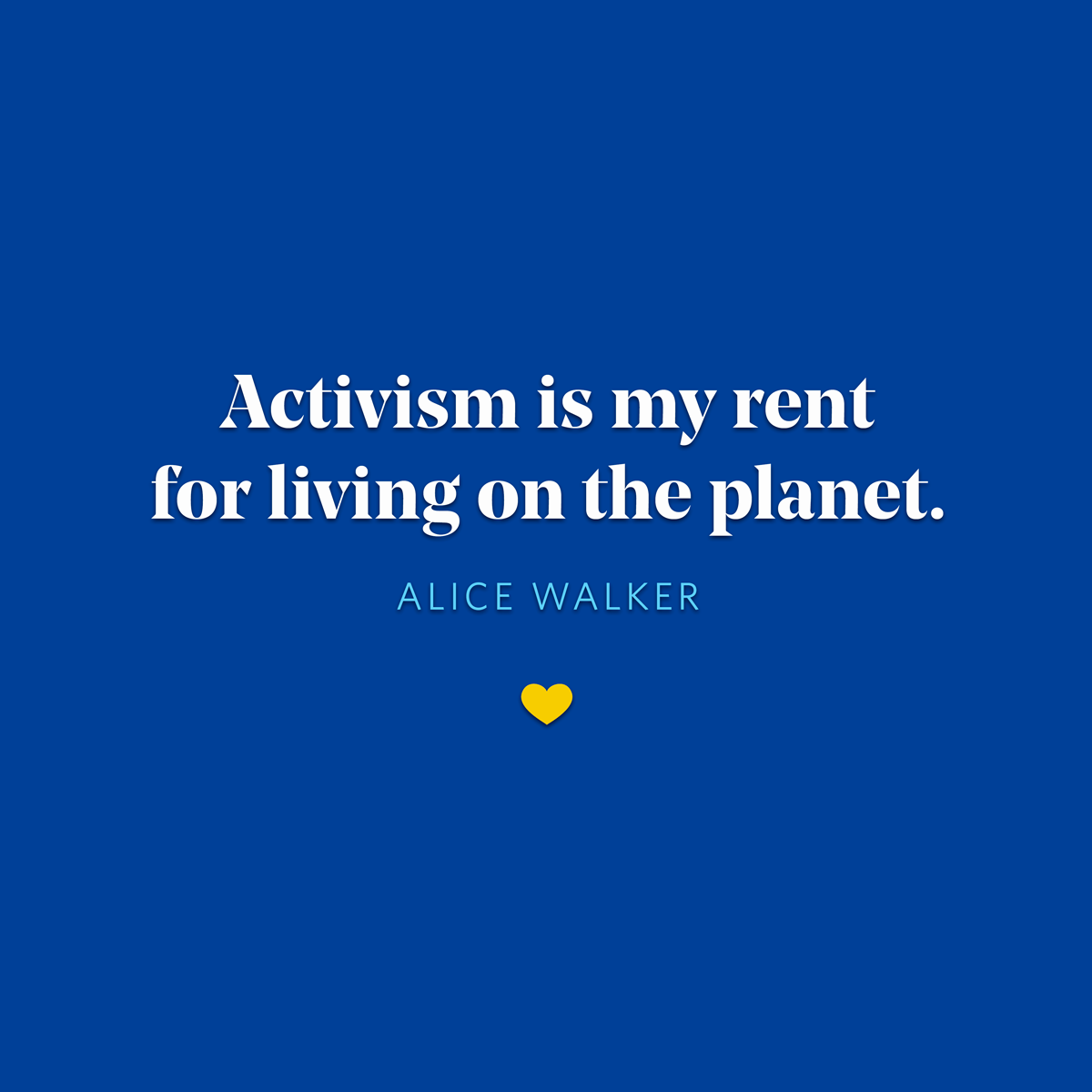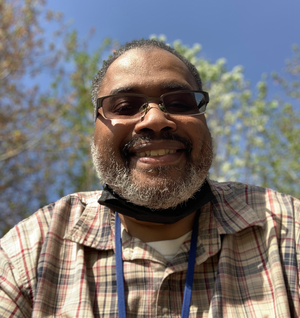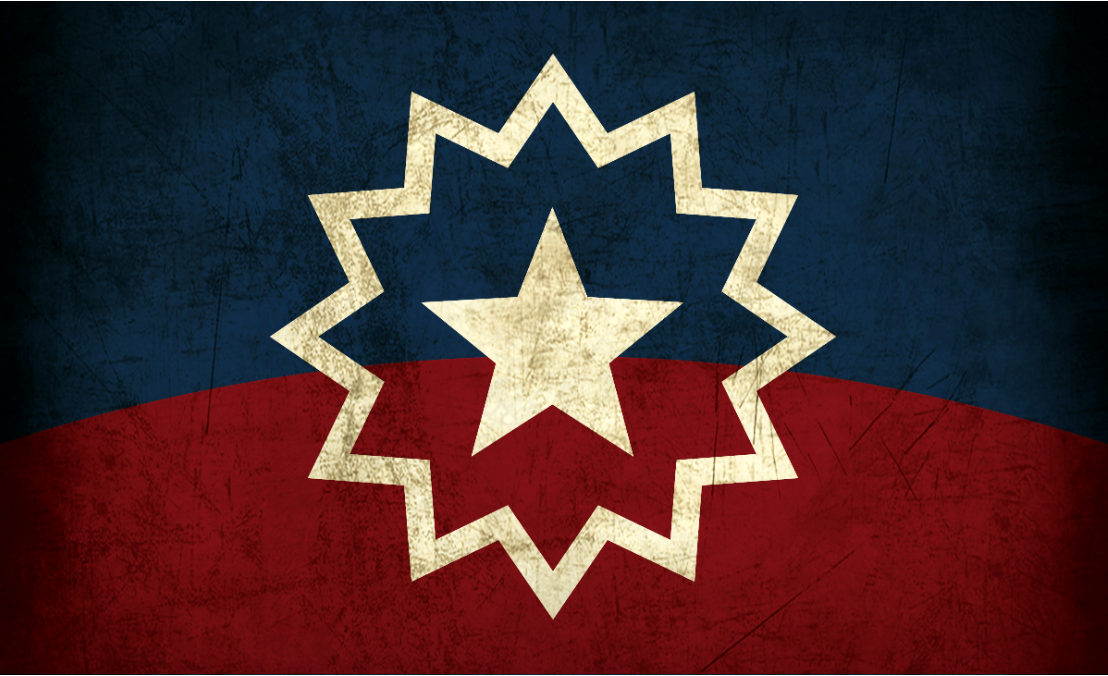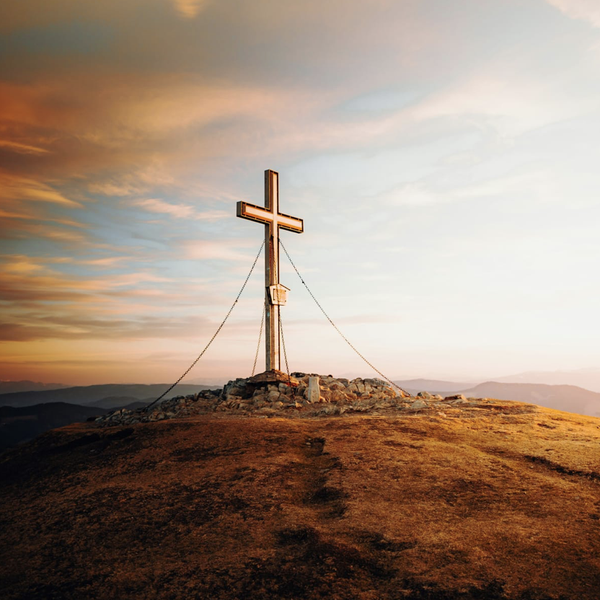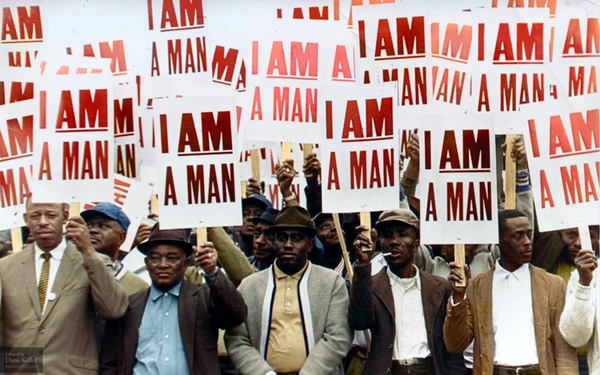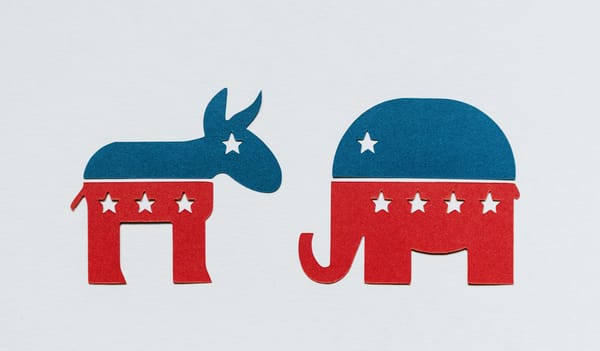Editor’s Letter
June 19, 1865. Two and a half years after Abraham Lincoln signed the Emancipation Proclamation into law, which in part read, “That on the 1st day of January, A.D. 1863, all persons held as slaves within any State or designated part of a State the people whereof shall then be in rebellion against the United States shall be then, thenceforward and forever free . . .” Major General Gordon Granger, with over two thousand federal troops descended upon Galveston, Texas, and delivered General Orders, No. 3, ensuring that 250,000 enslaved people in the lone star state were freed.
The people of Texas are informed that, in accordance with a Proclamation from the Executive of the United States, all slaves are free. This involves an absolute equality of personal rights and rights of property between former masters and slaves, and the connection heretofore existing between them, becomes that between employer and hired labor . . .
Think about that for a moment.
Texas had been its own country for nine years before being granted statehood in 1845. And for the first twenty years as a state, Texas became such a haven for enslavers, with the institution so entrenched, so embedded that Texans withheld information of Lincoln’s proclamation for over two years.
Now, you might hold poor communications responsible, and for that you garner my harshest side eye and ridicule. The point is the situation was so bad that Major General Granger had to come with the Union Army and wrest the institution from the enslavers’ hands. Of course, we all know slavery didn’t end anywhere in America overnight.
Is this reason enough for a federal holiday?
How can striking down the last stronghold of slavery in America not be? Anything less merely supports white supremacy, slavery, and racial inequity meted against my family members and my people. It’s outrageous that in the twenty-first century, the validity of Juneteenth is even debated.
To those who scoff at the fact that Juneteenth and Granger’s General Orders No. 3 upholds democracy and bring us a little bit closer to that idealized vision we hold of ourselves as a nation, I have one question: are you really that committed to racism?
Love one another.
Clay Rivers
OHF Weekly Editor in Chief
NEW THIS WEEK
“Racism Is a Pandemic: We Must Become the Vaccine”

When COVID arrived, the world clamored for a cure. It was the biggest project of the century to create a vaccine that would protect humanity from a virus that was an efficient killer.
If we can control COVID, a disease that killed almost seven million globally, why can’t we do the same with racism or economic inequality?
However, it wasn’t only the deaths that sparked the scientific community and the national governments into action. The shutdowns and pausing of the global economic machine put a fire in the world's pants.
The IMF (The International Monetary Fund) believes COVID will cost the global economy 12.5 trillion dollars. That, my friend, is a lot of nickels and dimes.
In the United States alone, systemic racism has cost the economy $16 trillion. The GDP of America is 19.5 trillion. We’ve lost a nation's worth of income due to racism.
Do you know what we could do in America if everyone was equal? How many homes would’ve been bought? How many kids would’ve eaten better? How many more small minority-owned businesses would exist? If all could share equally in the economic pie?
We’ve allowed hate to stifle opportunity in our country. Some of us don't want that Hispanic or Black family moving in—no way you’re building low or mixed-income multifamily housing on my block.
Everyone should be on an equal playing field and given every opportunity to succeed.
Those families don’t deserve better access to fresh food or schools. They bring crime and drugs to the area; we can’t have that. However, in the same breath, we will complain about crime in low-income neighborhoods and shake our heads about what’s happening across the tracks or the river. Some of us will say those people don't know how to act. It’s their fault they’re in this situation. But we won’t invest in those areas. They are left to suffer while we carry on with our lives.
Read the full article at OHF Weekly.
Everything, Everywhere, All in One Spot
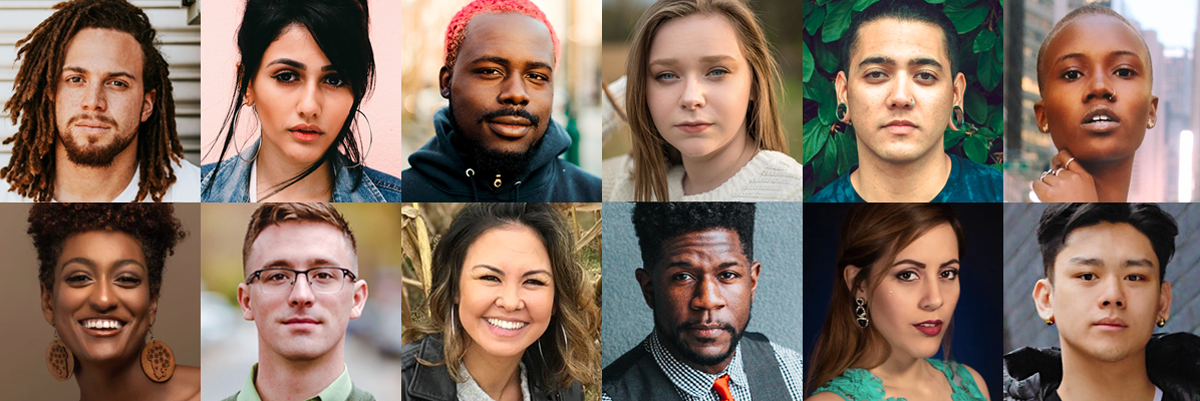
Wish you could find everything about Our Human Family in one place? You can—visit linktr.ee/ourhumanfamily for just about everything our there!
Our Human Family + Mastodon

For the past four years, Twitter has been Our Human Family’s (OHF) social media channel of choice for communicating with our readers. Given the platform’s rapid and unabashed endorsement of much we oppose, OHF is transitioning to Mastodon. While we will maintain our Twitter account, know that the quantity of tweets from our account has noticeably decreased.
And if you’re curious about Mastodon and wondering which instance (server) to sign up with, mastodon.world (our instance of choice) is a fine instance indeed.
Final Thoughts
